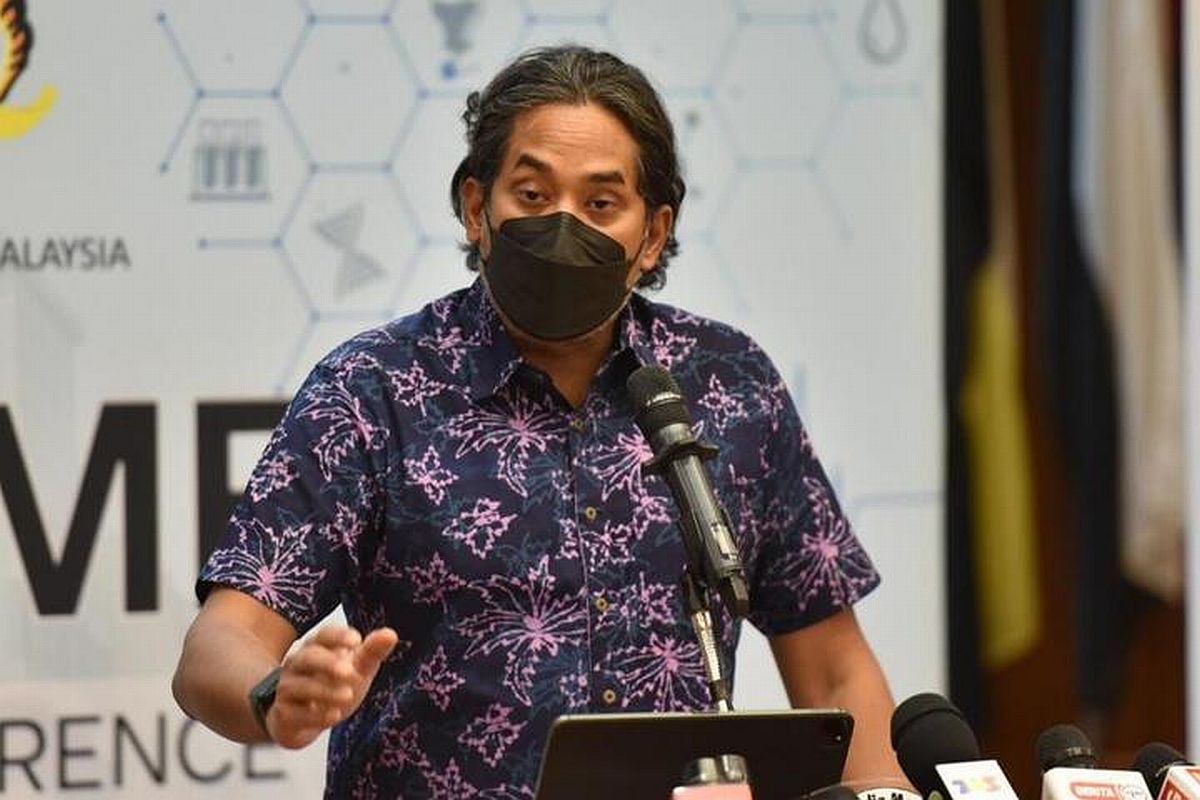KUALA LUMPUR, March 15 – Malaysia’s National Pharmaceutical Regulatory Agency (NPRA) approved between 600 and 700 traditional medicines on average each year over the last five years from 2017 to 2021.
According to the Ministry of Health (MOH), a total of 27,533 traditional medicines are currently registered under the NPRA.
Health Minister Khairy Jamaluddin, in a written parliamentary reply to Parit MP Mohd Nizar Zakaria last Tuesday, said traditional products must receive NPRA approval before they can be sold at retail to ensure quality and safety for public use.
Khairy said some traditional or herbal medicines are denied NPRA approval despite the use of natural ingredients because they may contain active ingredients listed under the Poisons Act 1952 or active ingredients that cause side effects.
For example, the active ingredient of the aristolochia herb — used in some herbal products intended to treat diseases, such as arthritis and gout – is listed as a banned ingredient in the Drug Registration Guidance Documents (DRGD) as it may cause renal toxicity.
Applications for traditional products that contain active ingredients from endangered or protected botanic and wildlife species, such as tigers or rhinoceros, will also be rejected.
The NPRA will also reject traditional drugs that contain combinations of natural and chemical or synthetic substances with therapeutic effects, such as products that contain menthol as an active ingredient.
Khairy said the Control of Drugs and Cosmetics Regulations 1984 defines “traditional medicine” as “not including any sterile preparation, vaccine, any substance derived from human parts, any isolated and characterised chemical substances.”
Applications for traditional products that make non-traditional claims, such as claiming to treat cancer and diabetes, will also be rejected. The traditional drugs must also be backed by references to support its recommended dosage and intake, and produced in premises that have Good Manufacturing Practices (GMP) certification.








